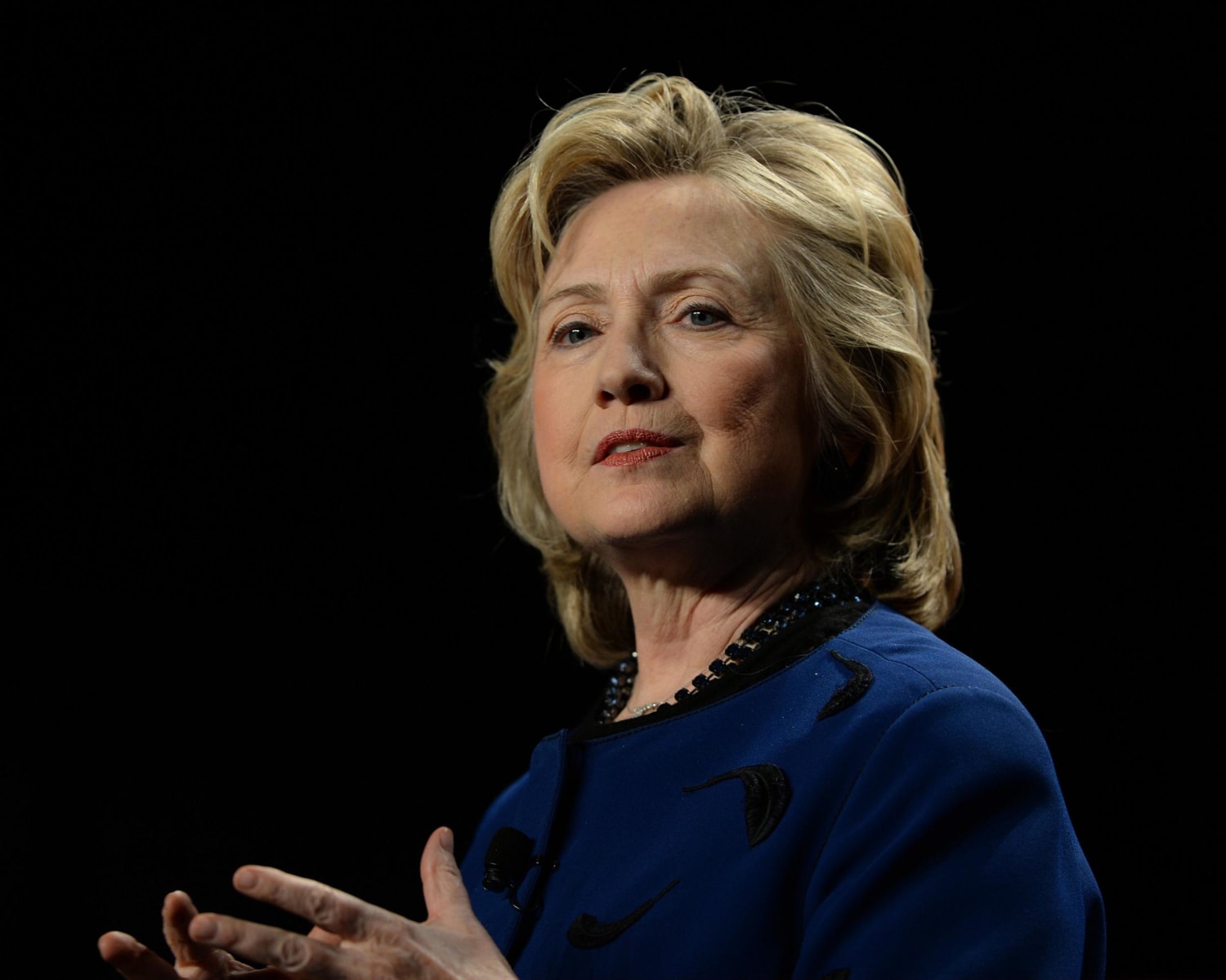 |
| Not really. We love the sound of rich people paying a fair amount of taxes. |
I don't know the GOP pol who thought up the term politics of envy. Probably Frank Luntz, he's good at that sort of thing. It was hard to keep repeating "class warfare" because it doesn't evoke an image that the simple folk can apprehend.
Republicans have always, for as long as I can remember, been better at messaging, and I think it's because they have an advantage: Their constituency is the donor class. When the GOPers attack the politics of envy, their donors go "Ooooo."
Democrats have a problem because, when saying "the politics of fairness," they are speaking to their constituency, which is minorities and the working poor, while their donors respond with "Uh-oh." Still, I'm urging all Democrats next election cycle to say "the politics of fairness" twice as many times as the GOP trots out "the politics of envy." It can be an effective counter. "Envy" is negative, while "fairness" is positive.
 |
| Jeb: An actual compassionate conservative? |
To the extent that this group decides that limiting government's reach is to their advantage, it accrues to the Republicans' advantage. Conversely, to the extent that this group sees government as working to restore economic fairness, it accrues to the Democrats' advantage.
Since the 1970s, the economic pendulum has swung toward capital (the rich) and away from labor (the poor, the working class, and the middle class). That trend continues to this day, with a still-growing gap between the rich and the not-rich. The trick for conservatives is to convince the white working class that taxes on the rich somehow hurt them, too. The trick for liberals is to convince that same voting block that income redistribution through higher taxes on the rich and lower taxes on them -- along with programs paid for by the rich that benefit the poor -- is what will get them out of the hole they're increasingly in.
It would seem a no-brainer, with advantage to the Dems, but it doesn't necessarily work that way. It's not about the truth. It's about which message wins, which messenger is seen as credible, likeable.
But the rich increasingly influence elections, so much so that in an article about Hillary Clinton's soon-to-be-revealed economic message for her 2016 run, we're told what the crux of her problem is:
With advice from more than 200 policy experts, Hillary Rodham Clinton is trying to answer what has emerged as a central question of her early presidential campaign strategy: how to address the anger about income inequality without overly vilifying the wealthy.That's an honest appraisal of her dilemma. Since she's not worried that losing the wealthy vote -- after all, they make up less than 1% of the voters -- she must be worried that they'll lend their financial support to the GOP candidate and not to her. If that's the case, then how do we get anywhere near an honest debate about income inequality?
 |
| Hillary: A likeability problem? |
If Hillary isn't bold, we might end up with a debate between a Mitt-Romney-lite -- Jeb Bush -- and Robert Rubin's best friend -- Hillary Clinton -- with the two of them saying, "I will help the poor, working stiffs without raising taxes on the rich," back and forth to each other while trying to wink-wink-nudge-nudge the middle class that one is really a liberal and the other is really a conservative. It doesn't matter which one is calling the other a liberal or a conservative, because all we'll end up with is vague subtext.
And that will be a dull and vacuous campaign indeed. Let's hope one of them busts out into true battledress and draws the other out into the open.
I'm not holding my breath. Glad to be surprised.

A man who makes politics out of lies only messes everything up. The government has to spend manpower and money to deal with these lies and affect the functioning of the country.Wotofo
ReplyDeletedead rabbit rda